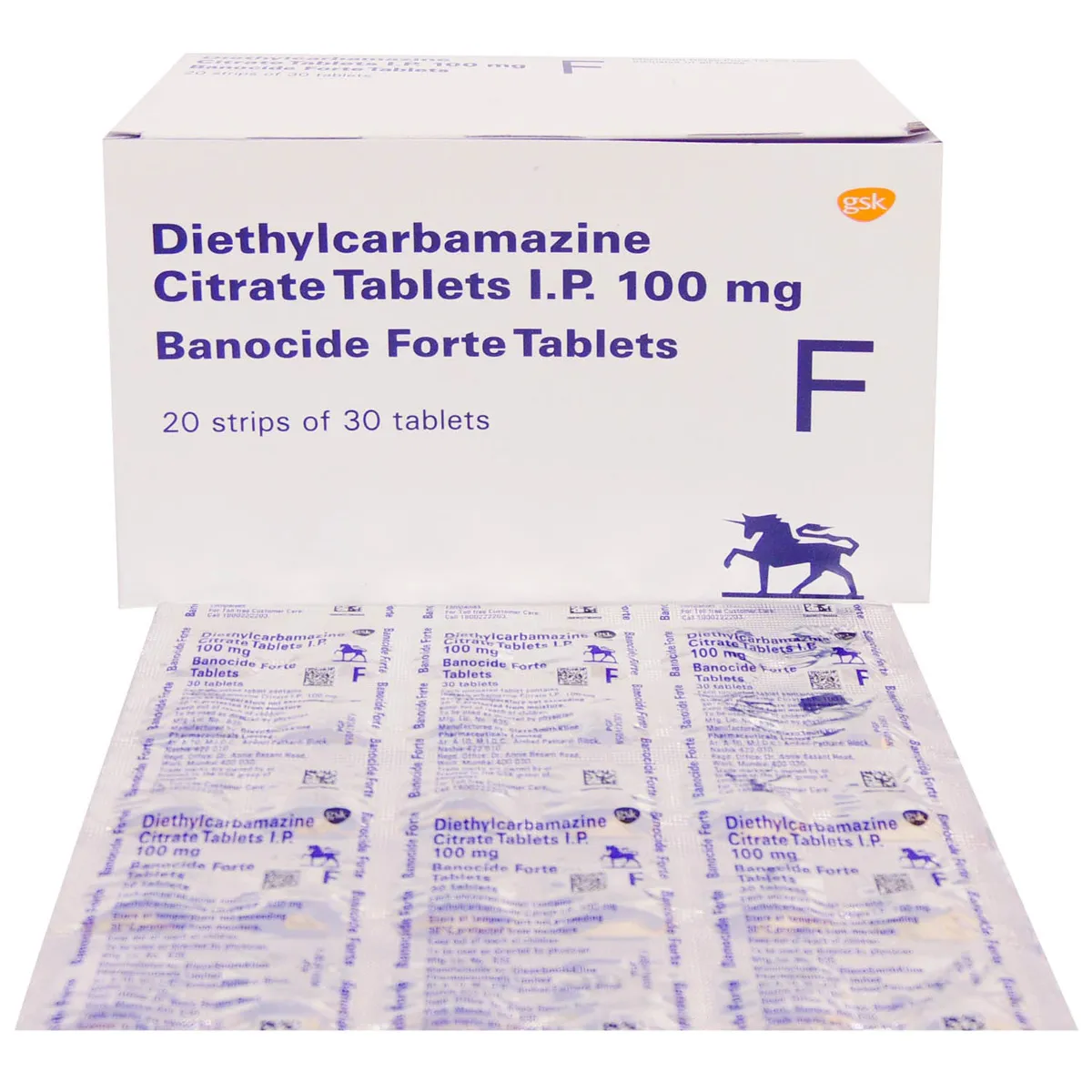In the ever-evolving landscape of medical advancements, a quiet revolution is taking place at the cellular level, reshaping the way we approach regenerative therapies. Enter exosomes – tiny, powerful messengers that are causing quite a stir in the world of medicine. Let’s see the cellular revolution and understand how exosomes are transforming regenerative therapies as we know them, with VIPrivate Care Regen Med standing at the forefront of this revolution.
The Cellular Orchestra: Understanding Exosomes
Before we dive into the specifics, let’s get acquainted with our cellular orchestra. Cells communicate with each other through a variety of means, and one of the most intriguing methods is through exosomes. Think of exosomes as cellular messengers, small sacs filled with a cargo of proteins, RNA, and other essential molecules.
The beauty of exosomes lies in their ability to traverse the intricate landscape of our bodies, delivering crucial information to neighboring cells. They are pivotal in regulating various physiological processes, including immune response, tissue repair, and inflammation.
The Rise of Regenerative Therapies
Regenerative therapies aim to harness the body’s innate ability to heal itself, offering a promising alternative to conventional treatments. Stem cells have been at the forefront of regenerative medicine thanks to their remarkable potential to differentiate into various cell types. However, working directly with stem cells comes with its own set of challenges, including ethical concerns and the risk of uncontrolled cell growth.
This is where exosomes step into the spotlight. Researchers have discovered that these tiny vesicles carry the regenerative potential of stem cells without the associated risks. In essence, exosomes act as messengers of healing, shuttling information between cells and orchestrating a symphony of regenerative processes.
The Exosome Advantage: Why Size Matters
One of the key advantages of exosomes lies in their size. These microscopic particles are much smaller than cells, allowing them to navigate through the intricate network of tissues and reach areas that may be challenging for larger cells to access. This makes exosomes an ideal candidate for targeted and precise therapeutic interventions.
Their small size also means that exosomes can cross biological barriers, including the blood-brain barrier, opening up new possibilities for treating conditions that were once considered hard to reach. This characteristic is particularly promising in the realm of neurodegenerative diseases, where delivering therapeutic agents to the brain has been a significant challenge.
The Cargo: Unveiling the Healing Potential
Exosomes carry a cargo of bioactive molecules that hold the key to their therapeutic potential. This cargo includes proteins, growth factors, and various forms of RNA, each playing a crucial role in the regenerative process.
Proteins:
Exosomes are packed with proteins that modulate cell signaling, promoting tissue repair and regeneration. These proteins act as messengers, communicating vital information to target cells and kickstarting the healing process.
Growth Factors:
The growth factors within exosomes stimulate cell proliferation and differentiation. This is particularly significant in tissues with limited regenerative capacity, such as the heart and nervous system.
RNA:
The Genetic Blueprint: Exosomes contain different forms of RNA, including messenger RNA (mRNA) and microRNA (miRNA). These RNA molecules are pivotal in regulating gene expression, influencing cellular functions and contributing to the overall regenerative response.
Applications in Medicine: From Muscles to Minds
The versatility of exosomes opens the door to a wide range of medical applications. Here are a few areas where exosome-based therapies are making waves:
Orthopedics and Musculoskeletal Disorders: Exosomes are being explored as a treatment for conditions like osteoarthritis and musculoskeletal injuries. Exosomes offer a less invasive alternative to traditional approaches by promoting tissue regeneration and reducing inflammation.
Cardiovascular Health:
The heart, with its limited regenerative capacity, stands to benefit from exosome therapy. Studies suggest that exosomes can enhance cardiac repair, making them a potential game-changer in the treatment of heart diseases.
Neurological Disorders:
The ability of exosomes to cross the blood-brain barrier makes them a promising candidate for treating neurological disorders. Researchers are investigating their potential in conditions such as Alzheimer’s, Parkinson’s, and stroke.
Wound Healing:
Exosomes play a role in the complex process of wound healing. By promoting cell migration and tissue repair, exosome-based therapies could revolutionize wound care, particularly in chronic or non-healing wounds.
The Road Ahead: Challenges and Opportunities
While the potential of exosomes in regenerative therapies is undeniable, challenges persist. Standardization of isolation methods, understanding the optimal source for exosomes, and establishing safety profiles are areas that require further exploration. Additionally, regulatory frameworks need to catch up with the rapid pace of research to ensure the safe and ethical use of exosome-based therapies.
However, despite these challenges, the road ahead looks promising. The versatility of exosomes and their ability to deliver targeted therapeutic effects positions them as a valuable asset in the regenerative medicine toolkit.
The Bottom Line: A Cellular Symphony of Healing
In the grand symphony of regenerative medicine, exosomes emerge as the conductors, orchestrating a harmonious blend of cellular communication and healing responses. Their small size, versatile cargo, and potential for targeted delivery make them a compelling avenue for the future of medicine.
As researchers delve deeper into the intricacies of exosome biology, we can anticipate a paradigm shift in how we approach and treat various medical conditions. The cellular revolution is underway, and exosomes are at the forefront, transforming regenerative therapies from a concept into a reality.
In conclusion, the cellular revolution powered by exosomes offers a glimpse into a future where healing is not just a possibility but a finely-tuned reality. As VIPrivate Care Regen Med unravels the mysteries of these microscopic messengers, we pave the way for a new era in medicine—one where the cellular symphony plays a leading role in the pursuit of health and well-being.









